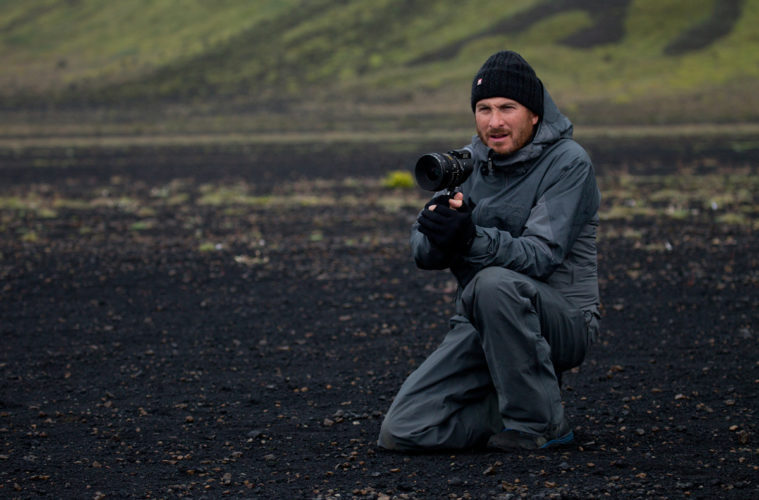
Dailies is a round-up of essential film writing and other highlights from our colleagues across the Internet — and, occasionally, our own writers. If you’d like to submit a piece for consideration, get in touch with us in the comments below or on Twitter at @TheFilmStage.
At The Dissolve, Noel Murray, Nathan Rabin, and Scott Tobias have a conversation looking at how Darren Aronofsky‘s films are connected by destructive dreamers:
I see a lot of Aronofsky in his characters, who are similarly driven to extremes by their obsessions and their sense of destiny. Aronofsky embodies the auteur as ultimate deity of his own cinematic world, and in Noah he seems boldly, brazenly willing and able to destroy a world he and his gifted collaborators devote so much time and effort to creating. I admire the hell out of that kind of audacity. It’ll be interesting to see whether the moviegoers of the world follow suit.
On a similar, but expanded note, Drew Taylor explores how Noah is similar to The Fountain over at Indiewire:
Darren Aronofsky‘s Noah, which stars Russell Crowe as the titular ark-builder, is nothing if not ambitious. It’s a film whose scope is matched by its fidgety experimentalism. It’s a movie that pretends to be a biblical epic in the style of something like The Ten Commandments, but features a sequence where the creation myth is reiterated while Tree of Life-style footage of the big bang and evolution zip by on screen, where Russell Crowe plays a (pre) historic hero who builds his wooden ship with the help of giant rock monsters that move with the herky-jerkiness of an old Ray Harryhausen stop motion marvel. But for all the things that Noah attempts (and, trust me, it attempts a lot), there’s also something vaguely familiar about the entire messy enterprise.
 Peter Labuza talks to Mark Harris about his career and The Best Years of Our Lives on the latest episode of The Cinephiliacs.
Peter Labuza talks to Mark Harris about his career and The Best Years of Our Lives on the latest episode of The Cinephiliacs.
The LA Times reports that 176 American silent films were recently found at the EYE Filmmusem in Amsterdam.
At Film School Rejects, Christopher Campbell asks if we put too much stock in original dialogue:
We all love to quote our favorite movies. Even my one-year-old son just started uttering “I’ve got it!” all the time, having picked up the phrase from his most-watched movie, Dumbo. I don’t know that it’s the most original or noteworthy piece of dialogue, but he hasn’t seen much yet. Usually the lines we remember and recite are those that stick out for a reason. They don’t always have to be something never heard before, as the quote’s notability could be all about the way it’s delivered by the actor saying it, though most of the time it’s a line specific and exclusive to a certain movie. Even if a hundred scripts since have borrowed “I’ve got a feeling we’re not in Kansas anymore,” we all know it comes from The Wizard of Oz.
The Critical Press, a publisher of short books on film and culture, announces its launch with forthcoming books from Tina Hassannia, Peter Labuza, and Robert Greene, as well as a submission process for interested writers.
Watch Artem Chudinov’s video compilation on the filmography of David Fincher:

